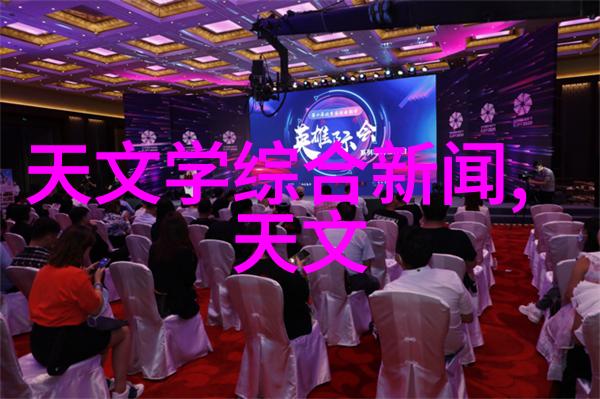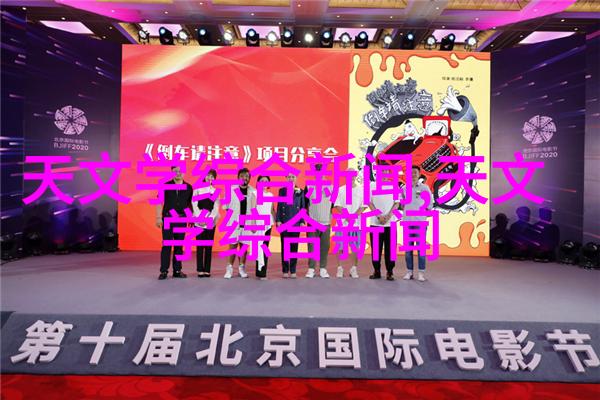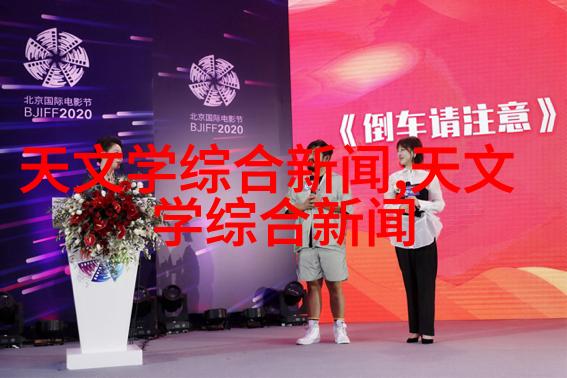工业废气处理工艺流程:如何有效去除污染物?

如何理解工业废气处理的重要性?
在现代工业生产中,随着各种化学品和燃料的广泛使用,产生的废气问题日益严重。这些废气含有多种有害物质,如氮氧化物、硫氧化物、挥发性有机化合物(VOCs)等,对环境造成极大的破坏。如果不对这些废气进行有效处理,将会导致空气污染,加剧呼吸系统疾病和其他健康问题。此外,还可能引起酸雨、光化学烟雾等环境恶劣现象,因此,工业废气处理工艺流程成为了确保环境质量的关键技术。

工业废气处理工艺流程概述
工业废气处理通常包括几大步骤:第一是排放控制,即通过减少排放源中的污染物来降低排放量;第二是预处理,即通过简单设备如喷淋塔或静电捕集器将较粗糙颗粒状污染物从风道中分离出去;第三是主要治理过程,其中应用各种物理、化学或生物学方法去除剩余的主要污染物;最后是一系列后治理措施,如再次过滤和催化还原,以进一步提高净化效果。整个工业废gas进度需要根据不同类型的工业企业及其特定的排放情况来定制。

物理法则在Industrial Waste Gas Treatment中的应用
物理法则作为一种常见且高效的手段,被广泛用于Industrial Waste Gas Treatment中。其中最为人知的是湿式脱硫技术,它利用水分子与二氧化硫发生反应形成硫酸,从而实现了SO2的大量去除。此外还有机械过滤、油水分离装置等,这些都是依靠物理力场作用于介质以达到目的的一类方法。在选择具体工艺时,需考虑到成本效益以及对所处地区天然资源的情况。

化学法则在Industrial Waste Gas Treatment中的运用
Chemical methods play a crucial role in Industrial Waste Gas Treatment, especially when dealing with VOCs and other organic compounds. Catalytic oxidation is a common practice where the gas stream passes through a catalyst bed, which speeds up the reaction rate of the pollutants with oxygen. This process can achieve high removal efficiency for many types of VOCs. Additionally, adsorption using activated carbon or other materials is also effective in capturing organic pollutants from waste gases.

生态工程在解决Industrial Waste Gas的问题上所扮演角色
Biological treatment has emerged as an attractive option for industrial waste gas remediation due to its potential cost-effectiveness and environmental friendliness. Biological processes like biofiltration and biotrickling filtration utilize microorganisms to break down harmful substances in waste gases into less toxic forms or even completely mineralize them. These technologies are particularly suitable for treating gaseous emissions containing volatile organic compounds (VOCs) or hydrogen sulfide (H2S).
未来的发展趋势与挑战
As concern over environmental protection continues to grow, so does the demand for more efficient and eco-friendly industrial waste gas treatment solutions. Research on new technologies such as membrane separation and advanced oxidation processes is ongoing, offering promise for improved performance at lower costs. However, there remain challenges associated with scaling up these innovations while ensuring their economic viability within industry settings.
结论:持续改进 Industrial Waste Gas Handling Practices
In conclusion, understanding the importance of effective industrial waste gas handling practices requires considering both technological advancements and socio-economic factors that influence decision-making around pollution control measures. The future outlook suggests that continued innovation will be essential to overcome existing hurdles while minimizing environmental impacts related to industrial activities worldwide.
本文旨在提供一个全面的视角来看待当前行业对于 Industrial WasteGasTreatment 的需求,并探讨了这一领域内不同技术手段及其潜在影响。本文同时也指出了未来的研究方向和挑战,为读者提供了一个深入了解这个复杂话题必备知识框架。



